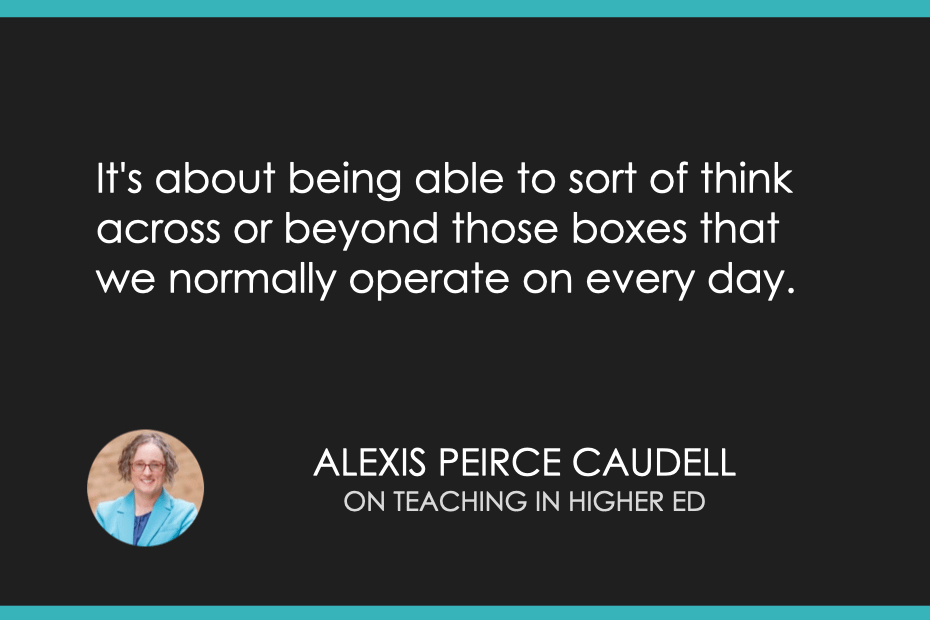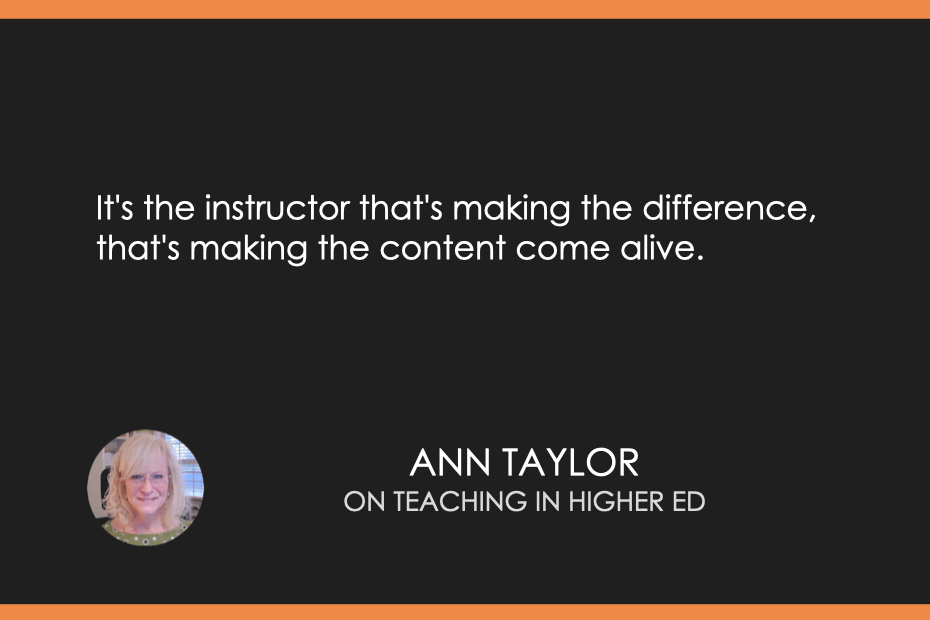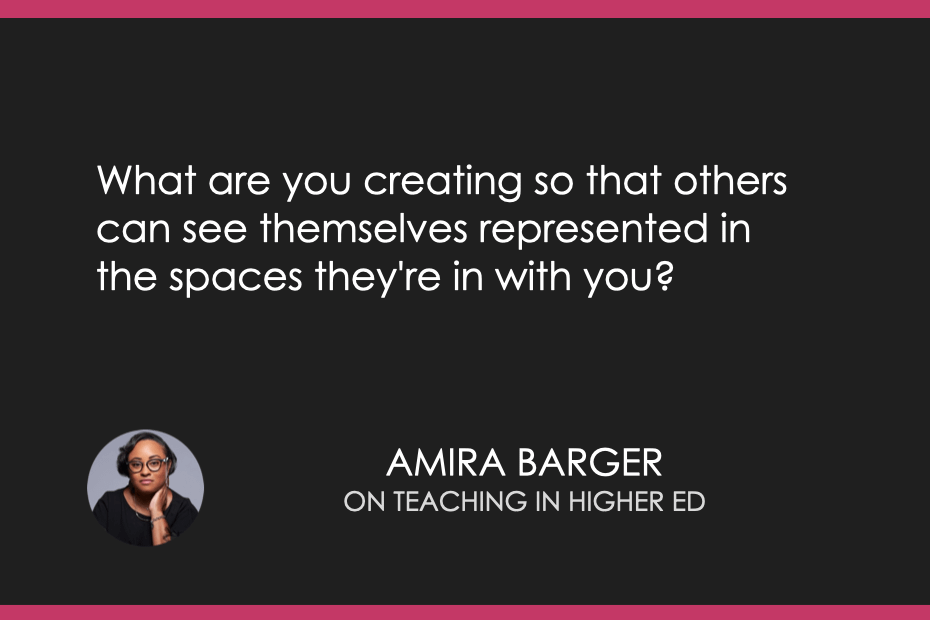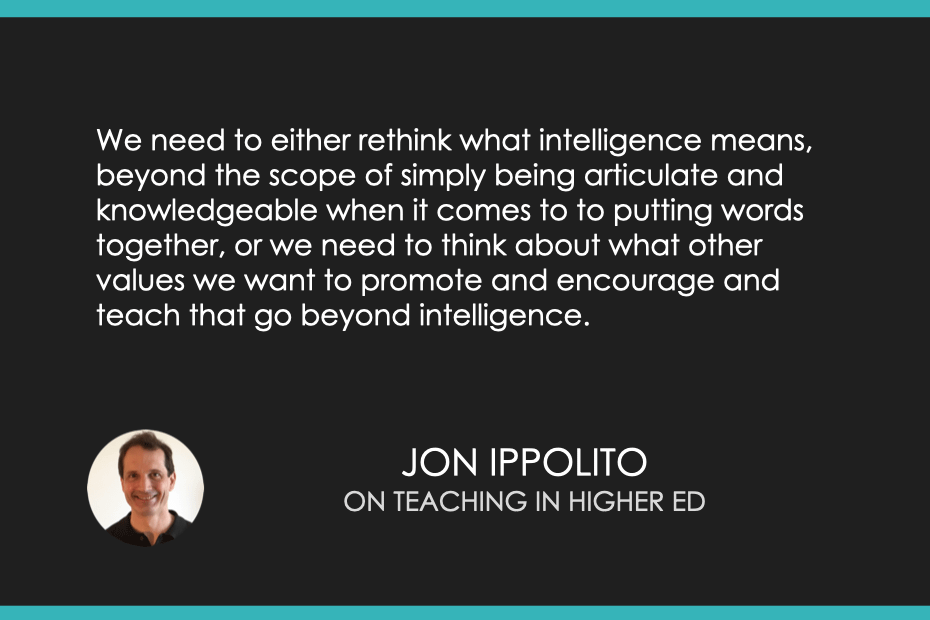Jason Lodge discusses assessment reform for the age of artificial intelligence on episode 528 of the Teaching in Higher Ed podcast.
Quotes from the episode
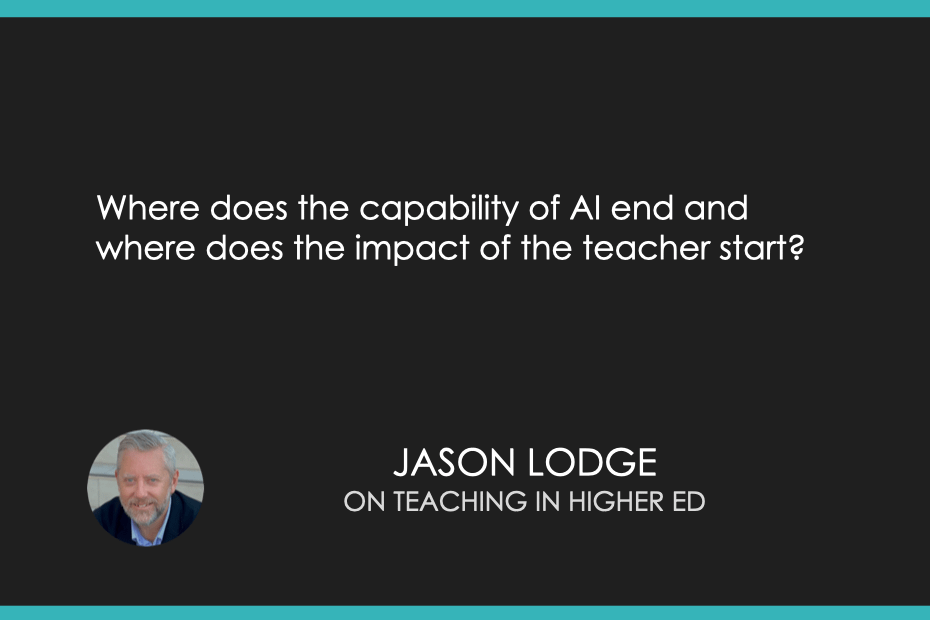
Where does the capability of AI end and where does the impact of the teacher start?
-Jason Lodge
Our tendencies as teachers and the way that we wanted to teach was clashing with the way that the lesson plan had been structured by Chat GPT.
-Jason Lodge
We don't know where we're headed, but at least we can have a sense of what the direction might be.
-Jason Lodge
We have to get to the point where we stop looking for evidence that students are using these tools to cheat and shift our emphasis to looking for evidence that learning has occurred.
-Jason Lodge
It's less about the technology and more about the human, how we learn and how we understand ourselves.
-Jason Lodge
Small things can add up to make a huge difference.
-Jason Lodge
